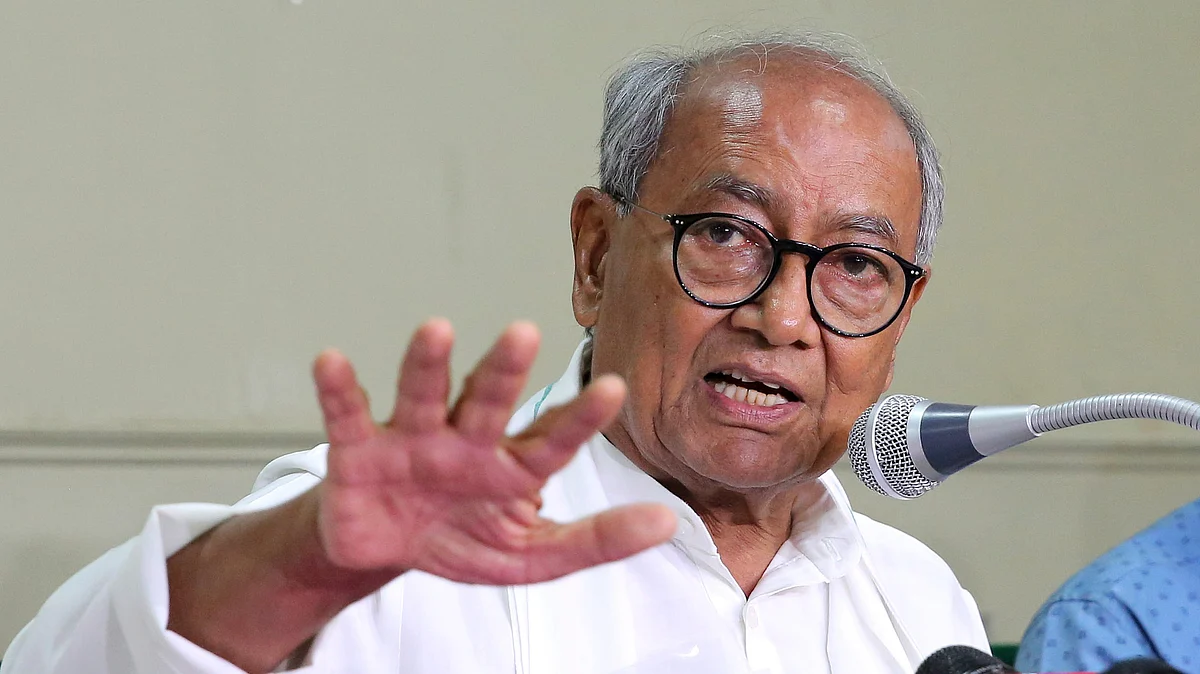Nation
Alarmingly few SC, ST, OBC students in private institutes: Parliamentary panel
Led by senior Congress leader Digvijaya Singh, panel urges PM Narendra Modi to consider a new reservation law

A parliamentary standing committee on education, headed by senior Congress leader and former Madhya Pradesh chief minister Digvijaya Singh, has revealed an abysmally low presence of Scheduled Castes (SC), Scheduled Tribes (ST), and Other Backward Classes (OBC) in private higher educational institutions — and urged Prime Minister Narendra Modi for a new law to enforce caste-based reservations.
According to the committee’s findings, just 0.89 per cent of students in private institutes belong to SC communities, 0.53 per cent to ST communities, and 11.16 per cent to OBCs — a representation far below their share in the population.
Terming the figures representative of a “deeply unjust” situation, Singh has recommended that Parliament should make a new law to implement 15 per cent reservation for Schedules Castes, 7.5 per cent for Scheduled Tribes, and 27 per cent for OBC students in private institutions for higher education.
Published: undefined
The Congress leader accordingly urged PM Modi and Union education minister Dharmendra Pradhan to bring forward legislation under Article 15(5) of the Constitution, which empowers the government to mandate such reservations.
Article 15(5), introduced by the UPA government in 2006 through the 93rd Constitutional Amendment during Dr Manmohan Singh’s tenure, provides the constitutional basis for extending reservations to private unaided higher education institutions.
The Congress party has already promised to enforce this provision in its 2024 Lok Sabha election manifesto, with Rahul Gandhi repeatedly asserting that social justice requires extending reservation to private institutes.
Gandhi has accused PM Modi of blocking caste census and “siding with industrial elites over the cause of inclusive education” on many occasions.
The recommendation is expected to reignite the debate over affirmative action in India’s rapidly expanding private education sector, where critics argue that the absence of quotas perpetuates social exclusion.
Published: undefined
Follow us on: Facebook, Twitter, Google News, Instagram
Join our official telegram channel (@nationalherald) and stay updated with the latest headlines
Published: undefined